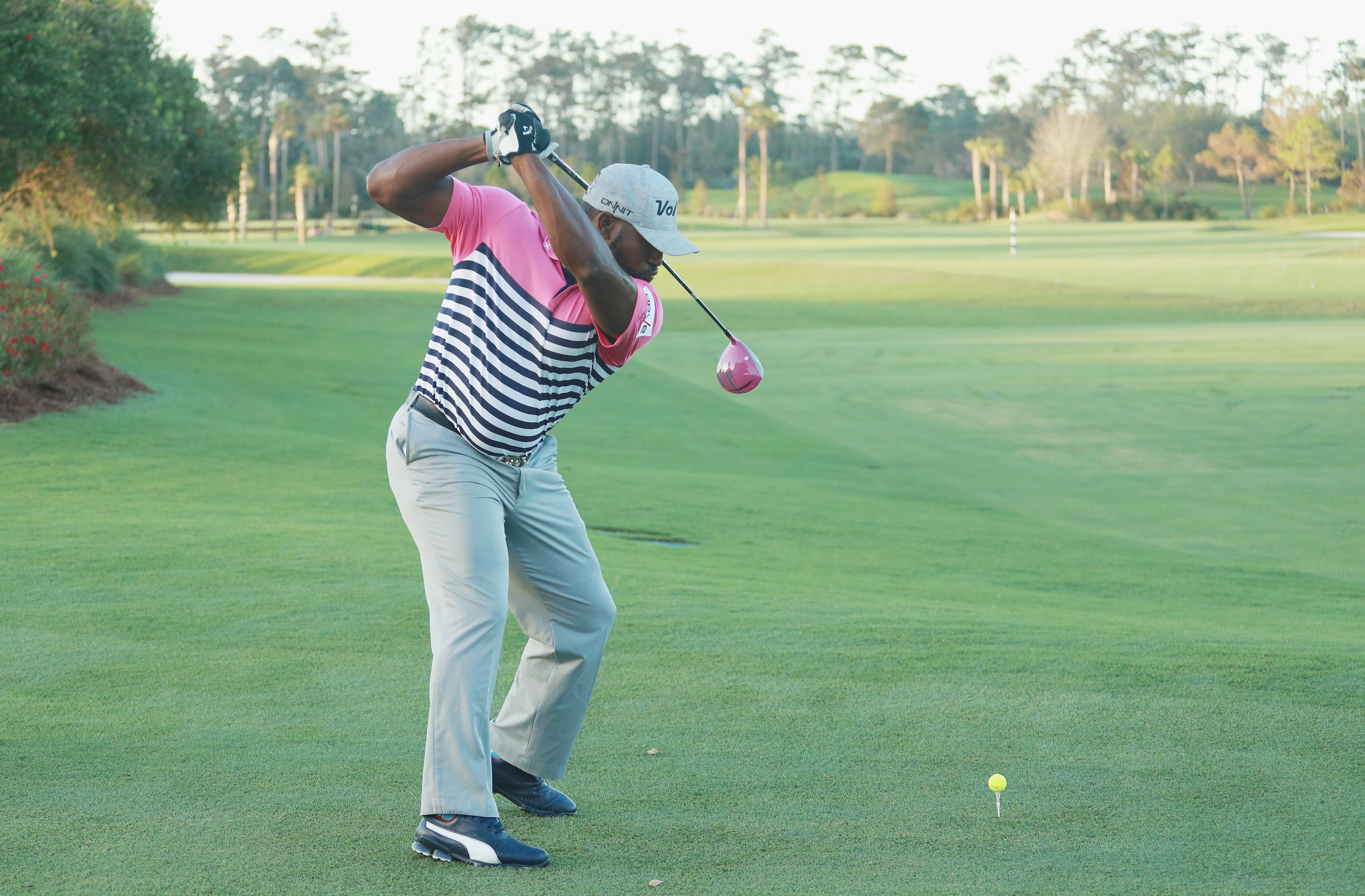
9
MarchGolf Beneficial in Parkinson’s Disease and Stroke
Golf which is the most popular sport for people over age 55, improves balance and quality of life in patients with stroke. Golf and tai chi focus mainly on anticipatory balance and spine rotation, both of which are affected in Parkinson’s disease. However,unlike tai chi, golf incorporates manipulation tasks and requires slow and fast movements. Playing golf improves mobility and balance in Parkinson's disease (PD) better than tai chi, the gold standard exercise for improved balance and falls prevention in this patient population, early research suggests.
“We are optimistic that golf could be a good form of exercise therapy for Parkinson's because participants in our study enjoyed learning golf and reported that they were more likely to continue the sport than the people in the tai chi arm," Anne-Marie Wills, MD, MPH, a neurologist at Massachusetts General Hospital in Boston.
"I first noticed that my patients who played golf seemed to be doing better than average in terms of their disease progression, and so hypothesized that this might be a good exercise for people with Parkinson's disease," said Wills. "Because swinging a golf club demands a high level of balance, we hypothesized that this might be particularly helpful for preserving balance."
The investigators also hypothesized that golf would be better tolerated and have greater patient adherence than other forms of exercise.
To test this hypothesis, the investigators conducted a single-center, randomized trial using tai chi as an active comparator. Tai chi has been shown to benefit balance and quality of life in patients who have suffered a stroke and is considered the gold standard exercise to improve mobility and preventing falls in Parkinson’s Disease.
The study included 20 patients with moderate Parkinson’s Disease, defined as stage 2 to 3 on the Hoehn and Yahr scale for Parkinson’s Disease progression. Participants were offered 10 weeks of two 1-hour group classes per week of golf or tai chi at nocost.
The findings will be presented at the American Academy of Neurology (AAN) 2021 Annual Meeting in April.


Reviews